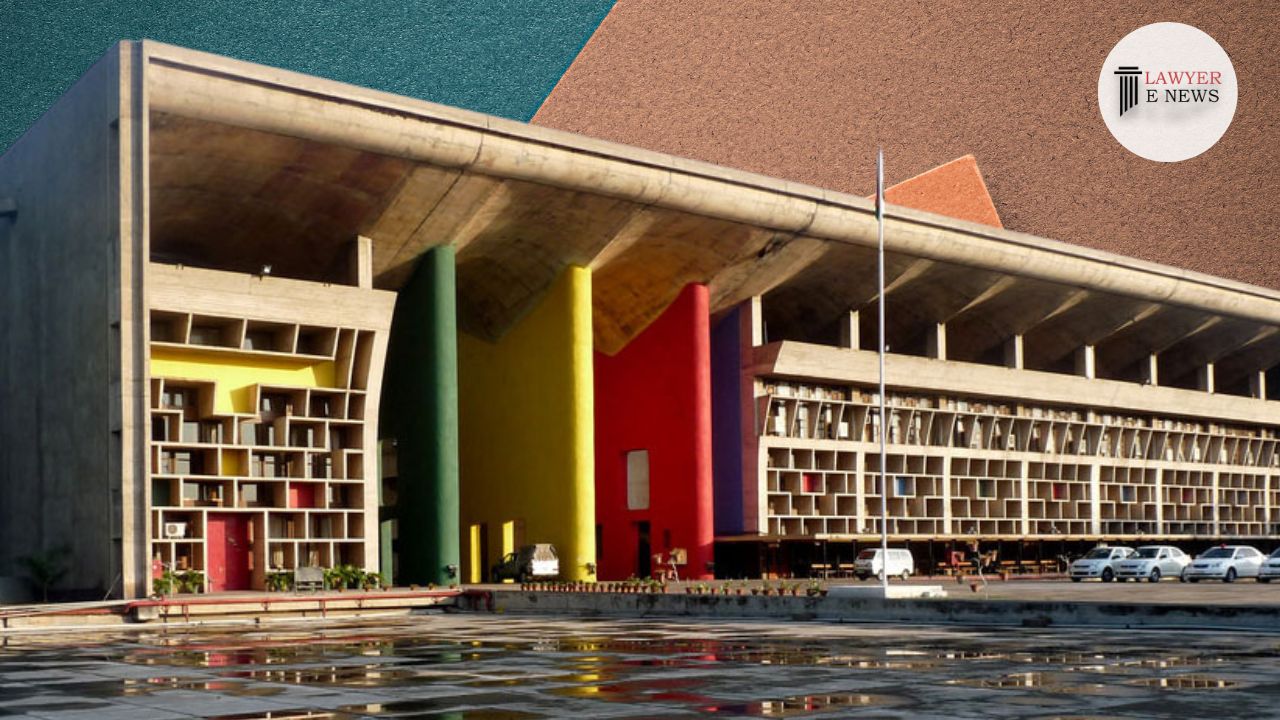-
by Admin
15 February 2026 2:16 AM



In a significant ruling, the High Court of Punjab and Haryana has remanded a case back to the trial court, criticizing the lower courts for proceeding without properly notifying the appellant after his counsel withdrew from the case. The decision underscores the necessity of judicial diligence in maintaining fair trial standards when an attorney withdraws representation.
The core issue addressed by the High Court was the procedural impropriety that occurred when the Trial Court proceeded to decide on the merits of the case after the plaintiff’s counsel pleaded ‘no instructions’ without notifying the appellant. This procedural misstep, deemed contrary to established legal norms, led to the remanding of the case for a fresh hearing.
Gian Chand, the appellant, challenged the judgments of the Trial Court dated October 18, 1994, and the First Appellate Court dated May 28, 1999, which dismissed his case due to absence and non-representation. The legal contention turned on the lack of proper notification to the appellant after his counsel withdrew, which is a crucial procedural requirement.
Notification to Appellant: The Court emphasized, referencing Baljit Singh v. Maya Ram, that the absence of notification to the appellant constituted a significant oversight. Justice Alka Sarin noted, “It was incumbent upon the Court to have issued notice to the parties. Since this was not done, the order suffers from an illegality which needs to be set right.”
Procedural Requirements: The judgment clarified procedural law as it relates to an attorney’s withdrawal, stating that the court must notify the involved parties directly to safeguard their rights and ensure fair proceedings.
No Requirement for Substantial Questions of Law: Citing Pankajakshi (dead) through LRs & Ors. V. Chandrika & Ors., the court clarified that the current appeal did not require the framing of substantial questions of law, focusing instead on the procedural lapses that needed addressing.
Decision: The court allowed the appeal, setting aside the previous judgments and decrees, and remanded the matter to the trial court for reconsideration in compliance with legal norms. This decision reinstates the procedural safeguard of notifying parties when counsel withdraws, ensuring that no party is prejudiced by the actions or inactions of their legal representatives.
Date of Decision: May 9, 2024
Gian Chand v. Tara Chand and Anr
